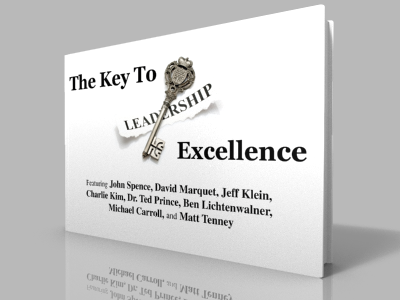Getting More Engagement From Your Online Community: An interview with social media expert Patrick O’Keefe
Patrick O’Keefe is the founder of the iFroggy Network, a publisher of websites. He has been managing online communities since 2000 and is the author of Managing Online Forums, a practical guide to managing online communities and social spaces, and Monetizing Online Forums, a blueprint for monetizing them the right way. He has been responsible for the creation and cultivation of communities like KarateForums.com and PhotoshopForums.com. Patrick blogs about online community at ManagingCommunities.com.
Patrick, I think that just about everyone is aware that social media is an important element of their organization’s marketing efforts. However, it seems that most organizations, mine included, don’t get as much engagement through social media as we would like to have. Could you offer three ideas for increasing engagement with blogs and microblog platforms like Facebook and Twitter?
It all goes back to simple things. There really aren’t any secrets. First, create great content. In a world filled with surface level, throw away content, truly passionate, meaningful and helpful content stands out and gains a following that engages with it. Second, share your spotlight. Highlight the work of others in your community (the people who engage with your content) and do so through your content and platforms. Third, respond to comments and express appreciation.
What are a few benefits that online forums add that an organization is less likely to see from other social media platforms?
I don’t mean to use the term “surface level” again so soon, but that’s what a lot of interaction on the social web is. A retweet there, a meaningless click of the follow button. When people actually visit your community and engage in a platform that encourages discussion, you are talking about a different level of power.
Could you offer a few simple first steps for starting and building an audience with an online forum for a leader who sees the benefits of adding and online forum to the organization’s website?









